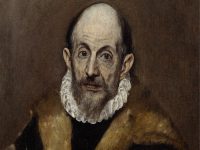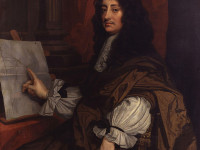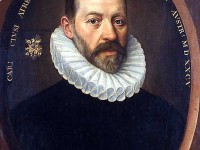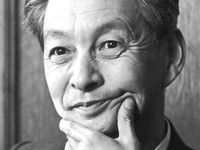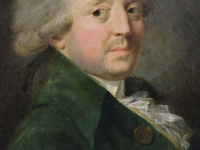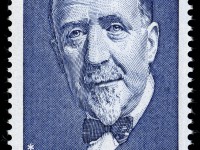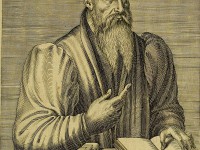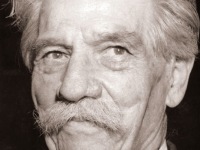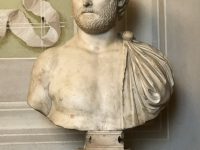El Greco – Precursor of Expressionism and Cubism
On April 7, 1614, Greek painter, sculptor and architect of the Spanish Renaissance Doménikos Theotokópoulos, widely known as El Greco, passed away. A major master of Spanish Mannerism and the fading Renaissance, he painted mainly pictures with religious themes and portraits. His painting developed away from naturalism toward an individual style, as he attempted to find a new expression for spiritual phenomena, and in his later work increasingly referred back to his…
Read more

